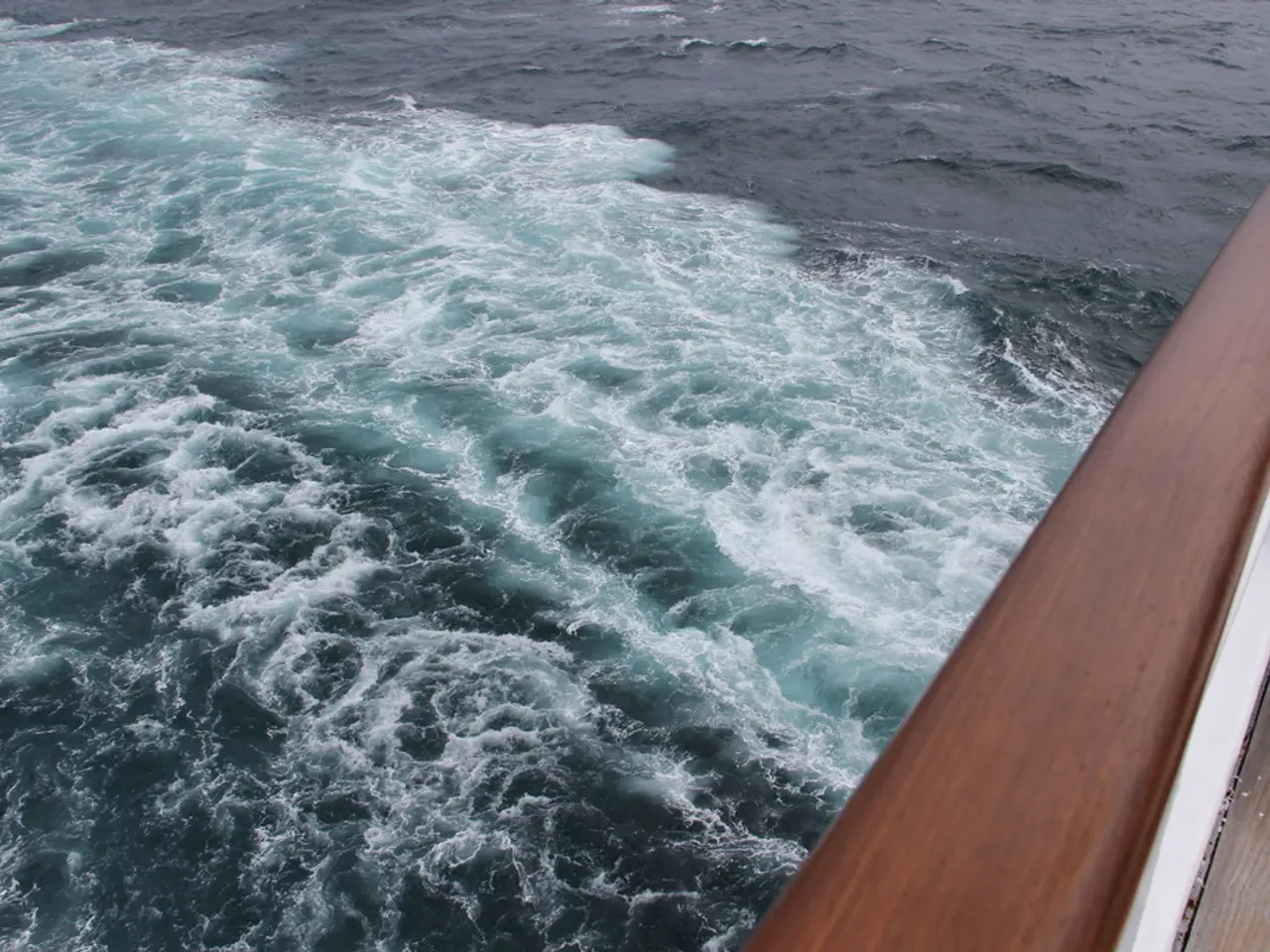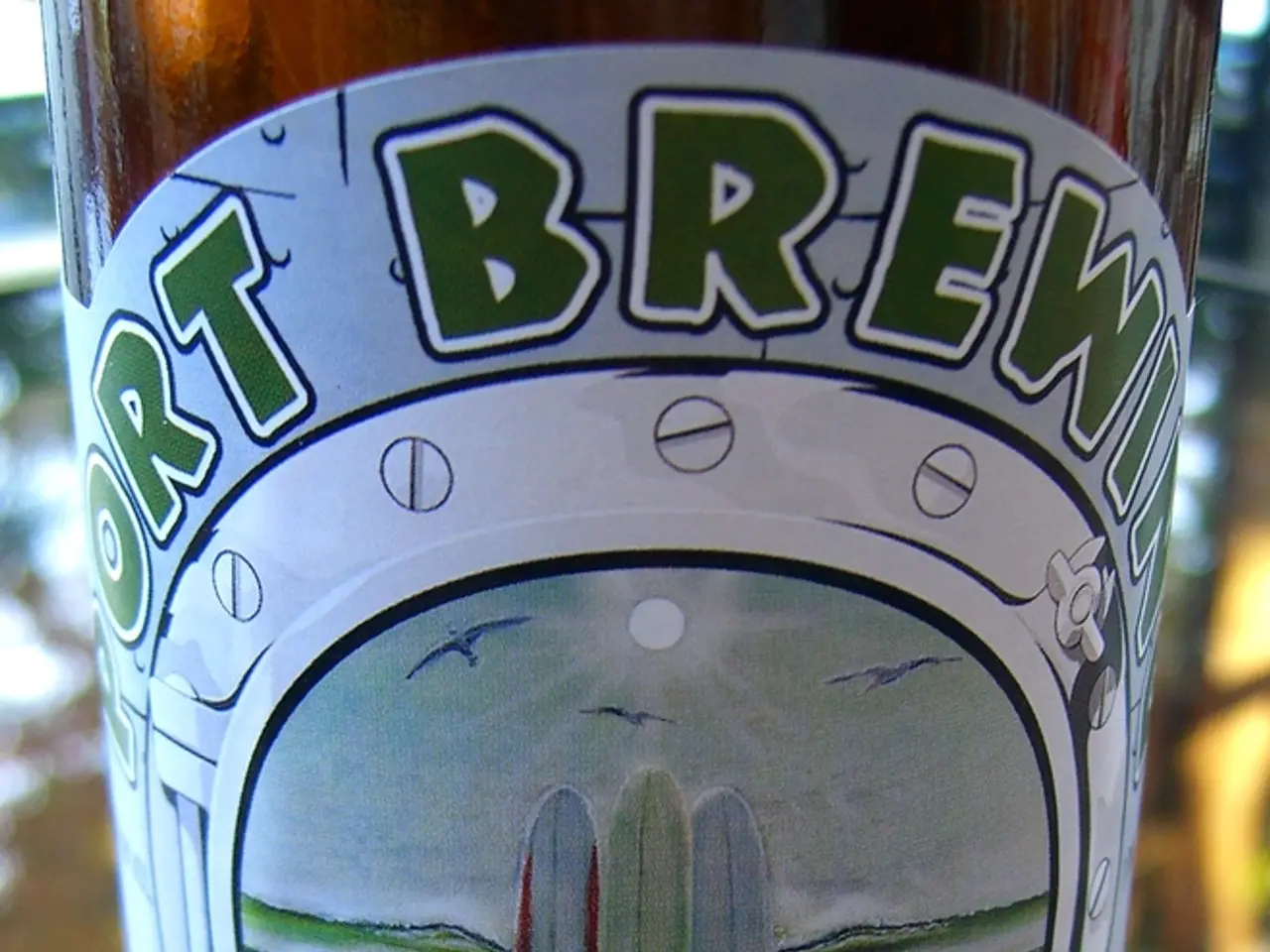Test Day at Moselschleuse Aldegund on Saturday
The Mosel River, a crucial waterway for freight transport and tourism, has been hit by a significant disruption following an accident at the Sankt Aldegund lock. On Wednesday afternoon, a passenger cruise ship collided with the lock gate, making it inoperable and halting shipping traffic between Koblenz and Trier [1][2].
As a result, approximately 50 ships, including freight vessels transporting grains and rapeseed, are currently stranded on the river [2][3]. Authorities are assessing the damage, with initial findings suggesting the lock's concrete structure and drive mechanism might not be severely impaired [1][3]. However, installing a replacement gate may take months, leading to a prolonged disruption [2].
The impact on tourism is evident, with Mosel River cruises affected. The passengers from the involved cruise ship, which can carry 128 guests, were disembarked and transported by bus to their destinations, while some continued their journeys independently [2]. Cruise ships remain stuck, impacting tourist itineraries along this scenic and popular river route in Germany [2].
Travelers with planned Mosel cruises have been advised to check with their travel providers for updates on the situation [2]. The halt of shipping affects freight logistics and could lead to increased costs if alternative transportation methods are required during the lock outage [1].
The German Federal Transport Minister has committed to expediting repairs to resume normal lock operations [1]. The Waterways and Shipping Authority (WSA) is exploring emergency solutions, including temporary barriers and partial reopening procedures, to reduce the duration of the disruption [1][3].
Gilles Braquet, the harbor chief, argues that it is crucial to discuss how to better prepare for such incidents on the Mosel [3]. The mood on board the anchored ships is tense, and the uncertainty is a problem for both passengers and crew [2].
Despite the challenges, the majority of connections for Mosel round trips can still take place as planned [3]. The state government is lifting the Sunday driving ban for trucks to ensure the supply chains of the regional economy do not collapse, following the accident at the Mosel lock in St. Aldegund [3].
Looking ahead, the operators of the Mertert Mosel harbor in Luxembourg expect the impact on freight traffic to remain manageable [2]. However, the tour operator transported the 128 passengers by bus to the ship's destination in Düsseldorf on Thursday morning [3]. One of the ships has international passengers booked on a tour from Luxembourg to Nuremberg, and three stops on two routes cannot be reached due to the lock failure, making the trips shorter [3].
The accident on the Mosel River serves as a reminder of the importance of maintaining and upgrading infrastructure to ensure the smooth flow of trade, tourism, and regional economic activity.
The disruption on the Mosel River could potentially extend to other sectors, such as the automotive industry, as the stalled shipping traffic may result in supply chain disruptions and increased transportation costs. The public-transit sector, operating bus services to transport stranded passengers and crew, may experience increased demand during this period. The finance industry might also be impacted as businesses incur additional costs or face economic losses due to the extended lock outage. For instance, freight companies involved in transporting grains and rapeseed could suffer financial losses if their cargo remains stranded for an extended period.




